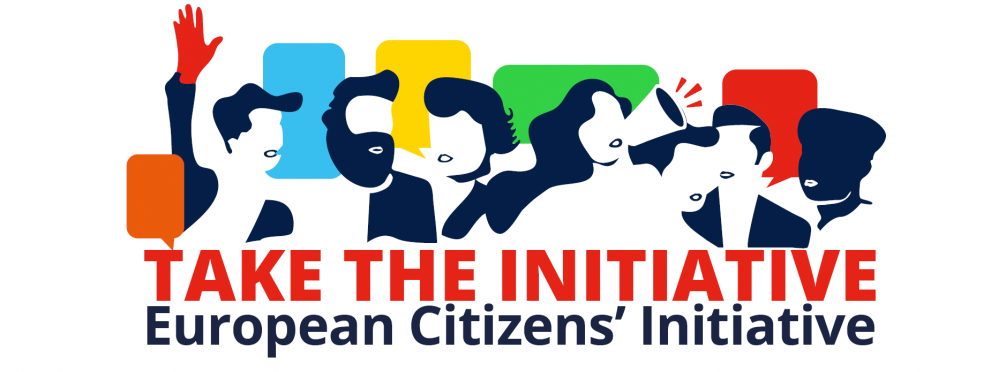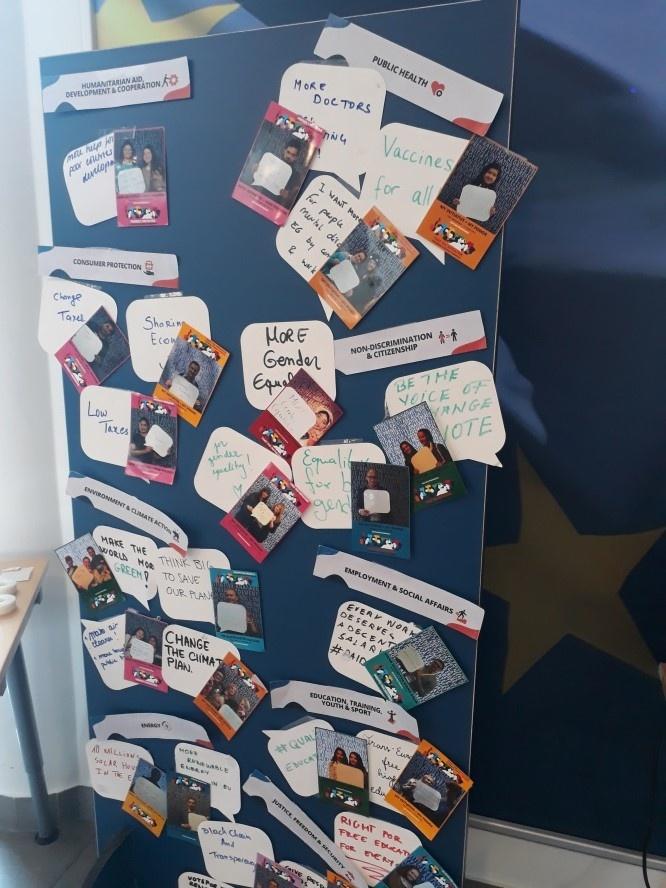
The European Citizens’ Initiative team met up with citizens in Athens as part of the Take The Initiative campaign launched in 2018, which has visited 15 Member States so far to raise awareness of the tool.
Making citizens count!
The half-day knowledge-sharing workshop opened with a presentation of the European Citizens’ Initiative reform by Silvia Kersemakers, Policy Officer at the European Commission. The reform will enter into force as of January 2020 and aims to make the tool more accessible to EU citizens and encourage them share their ideas for making a difference in Europe and act on the issues they care about. .
Stefanos Loukopoulos, Co-founder and Director of the non-profit parliamentary monitoring and transparency-promoting organisation Vouliwatch explained that citizens have grown wary of politicians and that mistrust has become standard. Transparency and accountability are the values that now need to be promoted by politicians and institutions to bridge the gap between the two spheres.
He indicated that citizens’ interests must be put first and that their voice needs to be heard. Tools such as the European Citizens’ Initiative make citizens count but there is a need for more. The reform of the European Citizens’ Initiative is a step in the right direction bringing participatory democracy closer to citizens.
Making the youth part of the discussion
The reform of the European CItizens’ Initiative allows each EU country to decide if citizens can get involved from the age of 16 or from voting age. This offers the possibility for younger citizens to take part. Greece is already a good example in that regard; Greek citizens aged 17 and over are eligible to vote for European Parliament elections and respectively to launch and support citizens’ initiatives.
Despina Papadaki, the workshop’s moderator and Secretary-general of the Institute of Research & Training on European Affairs, indicated that the younger generation was not aware of all the opportunities provided by the EU and that it was key to get them more involved to better understand the European project. Involving the youth more actively is giving them the tools to speak up and bring young energy and positive change to Europe.
Making the European Citizens’ Initiative known
Silvia Kersemakers acknowledged the challenges the European Commission is facing and explained that they are eager to engage in a dialogue with EU citizens and show that the Commission is not only an institution but that it has a face and people behind it. Raising awareness of the European Citizens’ Initiative is very important and a lot of effort is being put into it, namely developing a collaborative platform, the Forum, enabling citizens to connect and discuss their ideas as well as get expert advice; creating national contact points providing citizens and initiative organisers the possibility to receive support at a national level; organising workshops all over Europe, etc.
Making information accessible
The participants also took part in an informal brainstorming session, during which they discussed some challenges facing initiative organisers. They talked about how to raise funds, find partners and promote an initiative.
The key ideas that came out of the session are:
- Defining your campaign: to better define your budget and capabilities;
- Defining your partners: it is crucial to know who you can count on, who will put in the effort and contribute positively to your campaign;
- Making your campaign attractive: it can be beneficial to lead a kind of market survey to better understand whether an initiative will find the support it needs;
- Using social media to your advantage: mostly to reach out to the right people and organisations.



Leave a comment
To be able to add comments, you need to authenticate or register.